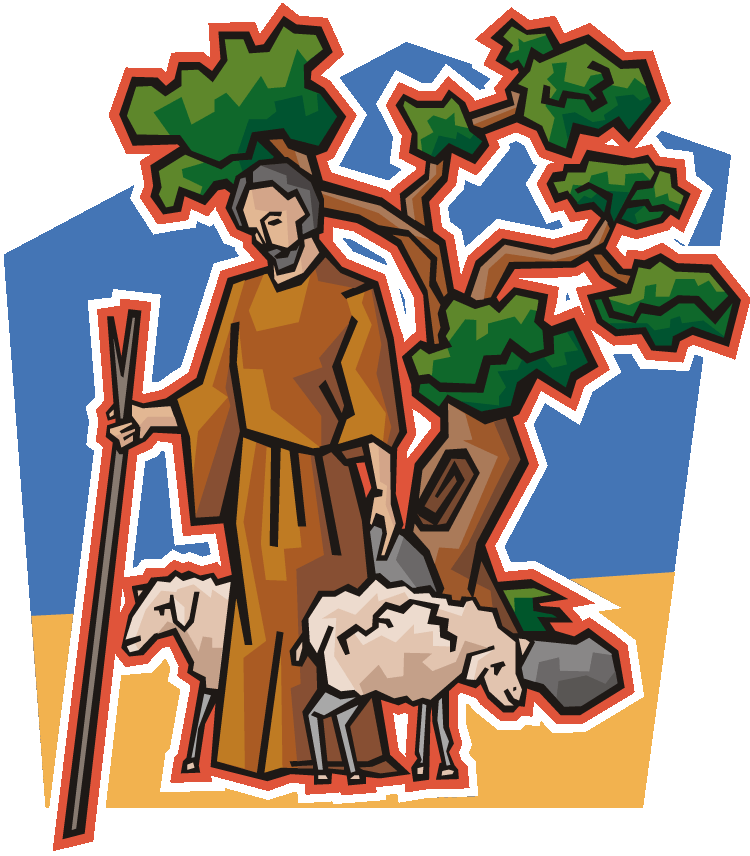
Another Way to Come Out of the End Times Babylonian System
We are currently entering the fourth industrial revolution to occur since the 1700s. The first revolution occurred when humans entered the machine age in the late 1700s and early 1800s. The second one occurred from 1870 to WW1 when huge industries like steel and petroleum took off. The third one was the digital or computer revolution beginning in the early 1980s. With regard to the fourth industrial revolution, Wikipedia says:
The Fourth Industrial Revolution builds on the Digital Revolution, representing new ways in which technology becomes embedded within societies and even the human body.[8] The Fourth Industrial Revolution is marked by emerging technology breakthroughs in a number of fields, including robotics, artificial intelligence, nanotechnology, quantum computing, biotechnology, The Internet of Things, 3D printing and autonomous vehicles.
In his book, The Fourth Industrial Revolution, Professor Klaus Schwab, Founder and Executive Chairman of the World Economic Forum, describes how this fourth revolution is fundamentally different from the previous three, which were characterized mainly by advances in technology. These technologies have great potential to continue to connect billions more people to the web, drastically improve the efficiency of business and organizations and help regenerate the natural environment through better asset management. (https://en.wikipedia.org/wiki/Fourth_Industrial_Revolution)
How will you, your children and grandchildren adapt to this fourth industrial revolution? There are many ramifications of this, which we can’t discuss here and now. However, many futurists are predicting that up to 50 percent of the jobs will be replaced by automation of one kind or another. True, jobs will be needed to produced, manage and maintain that automation, but the purpose of automation is to make production of goods and service more efficient and less expensive by reducing or eliminating human involvement. So where does that leave all the people who either don’t have high tech skills, or who aren’t interested in these jobs? The trades! The fourth industrial revolution will not be able to replace plumbers, carpenters, electricians, appliance repairers, painters, arborists, mechanics and the list goes on and on.
Think about it. Tradesmen are often self-employed and run their own businesses. They have a degree of freedom that those working for larger corporations or government entities don’t have. As such, they are freer and more independent. They can work long or short hours. They can take time off when they want. They can earn a lot of money or a little amount depending on their motivation and needs level. This also means that they are free to obey YHVH’s laws without someone telling them what to do. For example they can freely keep the Shabbat and biblical feasts when they want without permission.
Nearly 35 years ago as a college graduate, I made the decision not to use my college degree and a prostitute myself to the corporate system. Remaining faithful to YHVH Elohim and keeping his commandments like the Sabbath and biblical feasts was more important to me than climbing the corporate ladder and becoming rich or famous. Therefore, I chose the small business, tradesmen route. I haven’t gotten rich, but I’ve kept my freedom and independence, and I’ve stayed faithful to YHVH and been free to keep his commandments without anyone telling me what to do or where to go. My conscience is clear.
The choice I made to go into business for myself was prescient. At that time (in the early 1980s)
, we were barely entering the third industrial revolution. The fourth one was unthinkable. No computer or robot will every be able to do my trade. I have job security! Plus I’m free to come and go as I want. This is one aspect of coming out the Babylonian system. Think about it.



